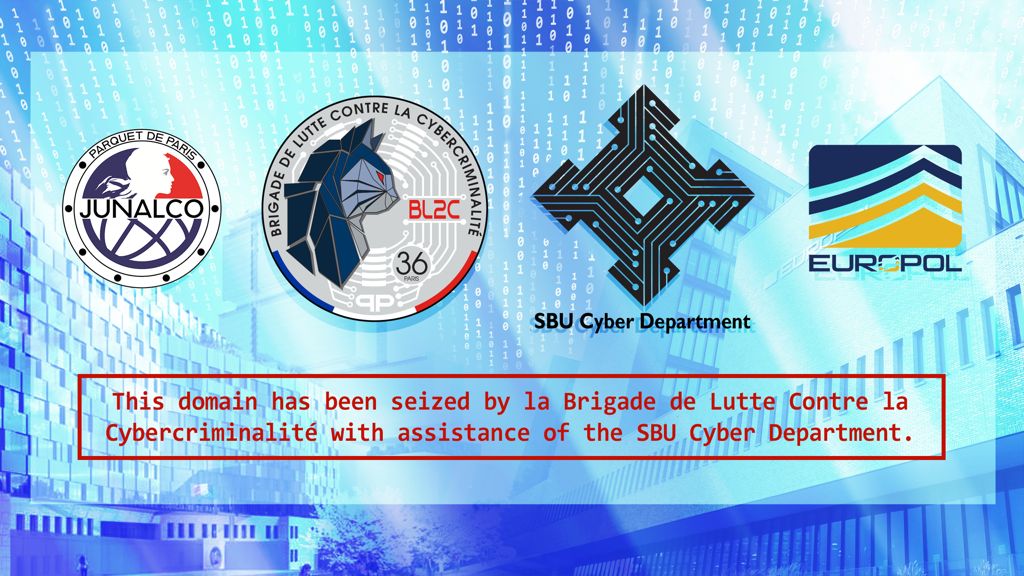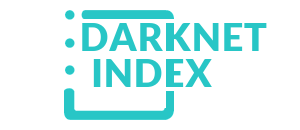The darknet, also known as the dark web, is a concealed section of the internet that's inaccessible via standard search engines. You can only access it using special software, settings, or authorization. This area comprises websites and content that are purposely kept hidden from public view.
Accessing darknet requires using Tor Browser, a special web browser that routes your internet traffic through a global network of relays managed by volunteers. This way, it becomes very difficult to trace which websites you're visiting, and these sites won't know where you are located.
When visiting the dark web, use a secure browser like Tor, do not reveal any of your personal information, and don't open suspicious files or links to stay safe.
The Darknet is often utilized for secure communication, discreet information or file sharing, anonymous research without identity exposure, and occasionally for engaging in illicit activities. It is also recognized for hosting underground black markets(darknet markets), whistleblowing platforms, and discussion boards that champion freedom of speech.
While accessing Darknet Markets themselves is typically not against the law in most places, engaging with illicit goods within them is generally considered a crime. On the other hand, some people might visit Darknet Markets for lawful purposes such as research, journalistic work, or simply to explore online communities. It's essential to know the local laws regarding online activities, and be cautious when using these platforms to avoid any potential issues.
XSS.is: Admin Arrested, Forum Down, Updated
A Ukrainian man was arrested by Europol and local investigators for allegedly running an online forum. This has caused some unrest in the darknet community.
French and Ukrainian authorities working together with Europol, have made another significant move against cybercrime. Coordinated by Europol, agents from Ukraine's SBU (Security Service of Ukraine) and French police arrested a man in Kyiv. Authorities claim he played a key role in managing the XSS darknet forum and earned over seven million euros from it.
The suspect is accused not only of running the technical platform but also of facilitating illegal transactions. He acted as an intermediary or "escrow" to secure deals and resolve disputes between cybercriminals. XSS even had a specific sub-forum for these "arbitration" activities. He made over seven million euros from fees and advertising.
The forum, which has been around for more than 20 years, was initially created in 2004 under the name DaMaGeLaB. The man arrested is said to have had links with cybercriminals for nearly as long. Over the years prominent figures have been part of XSS, including Dmitry K the Russian mastermind behind the Lockbit ransomware, and "Lumma," the creator of the Infostealer malware. Both individuals are now banned from the forum and face international investigations.
Forum offline or not?
After the arrest was announced, it appeared that authorities had gained control of the forum and user data. The domain xss.is now displays the typical banner used by investigative authorities during digital raids. The forum’s onion address which can be accessed through Tor was also offline on July 23, but it has since been restored. Still many forum users are suspicious with some believing Europol may have taken control of the forum to monitor activities during the investigation.
This suspicion grew when moderators began deleting warning messages about the arrest, and the forum administrator has not been active since July 22. Furthermore, another darknet forum, named "Exploit," has also been unavailable since Wednesday, which has heightened concerns within the darknet community.
Users create backups
A witness to the raid was quoted on another darknet forum, saying that everyone was arrested at once. This includes not just the main XSS administrator, but also moderators, as well as the hosting and infrastructure provider, though Europol’s official statement does not confirm this. Still, many are feeling that the end of this era is near. Some users are saying emotional goodbyes, while others are taking a more practical approach.
A number of users have reportedly made backup copies of the forum and its discussions, fearing that it could be shut down permanently. While this might seem unnecessary for most of the criminal activity on XSS, where users argued over payment disputes among ransomware groups, the forum did contain some valuable content. Discussions on new malware and other technical analyses were often highly detailed.
Despite these useful resources, it is clear that XSS has mainly served as a hub for cybercriminals, where they formed alliances, shared techniques, and worked together to maximize profits from their victims using malware, extortion, and other criminal methods.
Updated: Official Seizure of the Forum
The authorities have now officially seized the XSS forum. The domain xss.is is now showing the typical banner used by police during these kinds of operations confirming that the forum has been shut down. This marks a significant end to one of the most well known online forums for digital criminals. Many users are still unsure about what happens next. Some are trying to save as much data as they can while others are simply saying their goodbyes to a forum they used for many years.

With the seizure of XSS many in the darknet community are worried that more forums like it will be targeted. There is a sense that the cybercrime world is losing its safe spaces to operate. But the truth is XSS was never a place for legal or ethical behavior. It has always been a hub for illegal activity where criminals traded information on how to cause harm to victims.
Now with this major shutdown law enforcement hopes to send a message that the online world is not a lawless place. Authorities are showing they are capable of tracking down and taking down even the most hidden secretive forums used for criminal activity. It is unclear how the digital criminals behind XSS will react whether they will attempt to rebuild elsewhere or change tactics entirely. But one thing is clear the fight against cybercrime is far from over.
